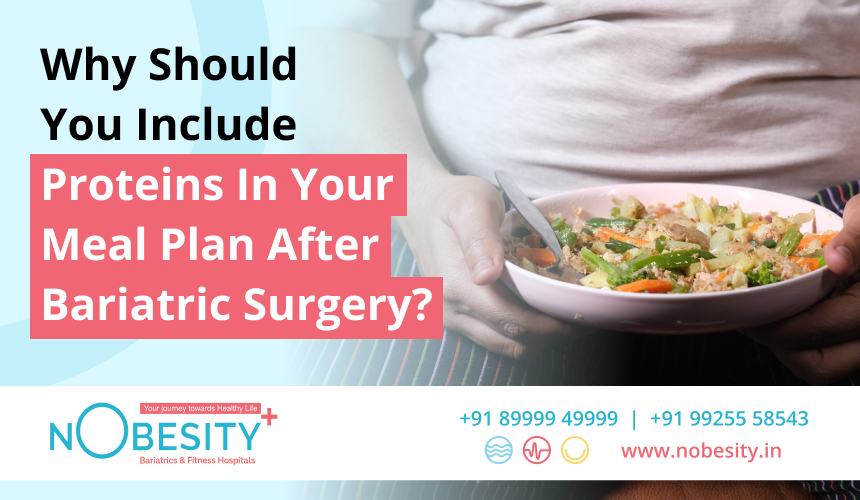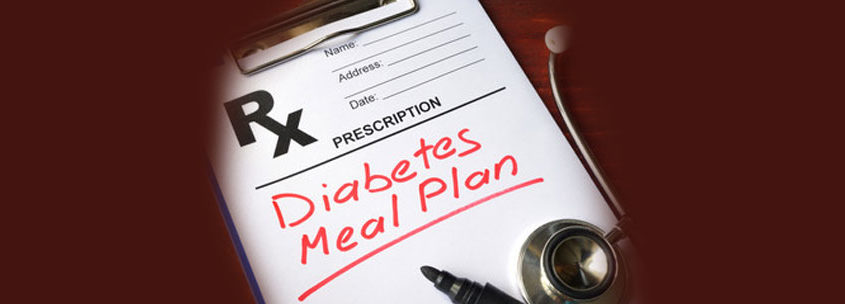
According to DSM (Diagnostic Statistical Manual of Mental Disorders- IV) there are two main type of Eating disorder
- Anorexia Nervosa- Eating less than your body’s requirement
- Binge Eating-Eating more than your body’s requirement
a. Unable to control the impulse of eating.
b. Feeling of anger or guilt after the impulse.
Anorexia Nervosa leads to weight loss. We will not focus on that disorder.
Binge eating leads to weight gain which leads to different metabolic diseases like diabetes and obesity in the long run. These co-relations are still under study but the informal surveys have given significant insight that an obese person has underlying eating disorder.
What are the symptoms of an eating disorder which may increase your weight and lead to obesity?
- Eating much more rapidly than normal. Eating Fast.
- Eating until feeling uncomfortably full. Overeating.
- Eating large amounts of food when not feeling physically hungry.
Large portion size.
- Eating alone because of feeling embarrassed by how much one is eating.
Social withdrawal.
- Feeling disgusted with oneself, depressed, or very guilty afterward.
Low-self-esteem.
A. Marked distress regarding binge eating is present.
Disturbed State of mind.
B. The binge eating occurs, on average, at least once a week for 3 months.
For self-assessment, if you feel you have more than three symptoms out of five. And you binge eating once in every week. This is characteristic of a mild eating disorder.
What happens if Eating disorder goes untreated?
Working for a Bariatric center and after seeing 400 cases, I can informally conclude that when even mild eating disorder goes untreated it leads to major eating disorder. And slowly & gradually the person enters into the obesity category.
And obesity becomes a primary concern for the person. And this is what happens:
- Person realizes that they have become overweight and they should reduce weight.
- In-order to feel good again about themselves.
- The first thing that comes to their mind is “DIETING”.
- But before you take up a dieting program or weight loss program, developing a discipline to follow a certain diet in key to success.
- Always self-evaluate your eating habits first than your dietary intake.
For some dieting or weight loss program may not give the desired outcome as the weight keeps on coming back. After several trials Weight loss surgery is a good option, also known as bariatric surgery. Weight loss surgery has a specific post-operative diet known as bariatric diet. Which includes your habit modification and how to eat. Habit modification helps you monitor your underlying eating disorder. Monitoring your habits and impulse to eat and not to eat gives you long term benefits to keep obesity away and also helps in better coping skills to face difficult situations in life.
When opting for weight loss surgery get yourself assessed for eating disorder by a psychologist or do a self- assessment.
NObesity Bariatric Center Offers a Psychological Assessment Pre-surgery and a Follow-up on your Weight loss Surgery.
Remember your body becomes obese, not your mind. Do not let your body rule over your mind. Strive to be healthy.








